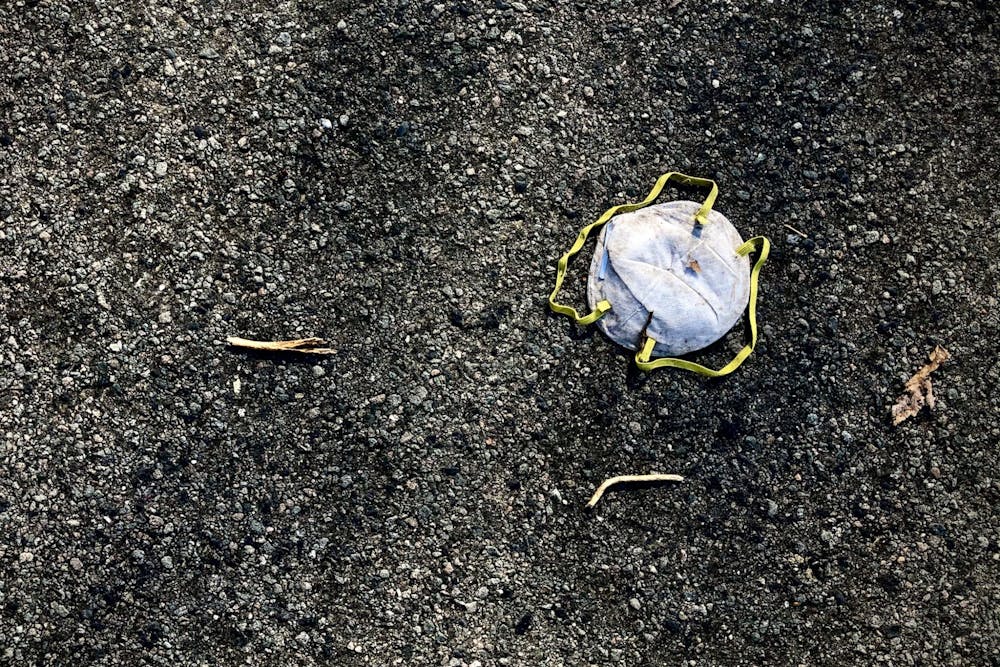
I made the mistake of redownloading Instagram after a month off the app. Immediately, my feed was flooded with photos taken at beaches, restaurants, and parties. The people in them, who ranged from acquaintances to close friends, were infrequently masked and even less frequently distanced.
If this were any other summer, I would find it fun to mindlessly scroll through these posts. But the fact remains that July marks the worst month of the COVID-19 pandemic in the United States. The country continues to set new daily case records, as previously declining death rates steadily rise and hospitals are overwhelmed with no sign of relief.
Nevertheless, the pandemic mindset seems to have largely disappeared — and not just among those who denied its severity from the start. As a pre-med concentrating in Public Health, I find it deeply disappointing to see so many of our peers flouting mask-wearing and social distancing guidelines, which are still in effect in most states despite their varied stages of reopening. Extreme violations of social distancing, such as large indoor gatherings, clearly result in case spikes. Yet the virus can still be spread on a smaller scale without proper precautions, even among a few friends sitting together outdoors.
I am not advocating that we remain as isolated as we were during the lockdowns of March and April. But the message of “flattening the curve” should not be forgotten simply because we want to make the most of warm weather and freedom from remote learning. We stay home to protect not only ourselves, but also the most vulnerable members of our communities and the essential workers who do not have the luxury of self-isolation.
These reasons are more pertinent now than ever. We must continue to abide by public health guidelines and, when our governments’ policies seem egregiously at odds with scientific facts, take it upon ourselves to act accordingly. Risky behaviors may be sanctioned in certain places, but we don’t have to engage in them. We have the power to think independently and to consider the greater implications of our actions.
Those of us who intend to become healthcare professionals ourselves carry a particular responsibility to practice the principles that we claim to value. My classmates and I are willing to spend days cramming for chemistry midterms and countless hours in labs every week to prove our dedication to the field. But true dedication extends beyond the classroom. Healthcare work can be all-encompassing, especially in this environment, and we must hold ourselves accountable to the standards of our profession.
Changing our behavior this summer would certainly help facilitate a smoother return to campus in the fall. Penn’s current plan requires that everyone on campus practice physical distancing and wear face coverings. There are so many doubts already about college students’ willingness to sacrifice fun for the sake of public health; we have the opportunity to start proving them wrong.
LYLA ROSE is a rising College junior from New York City majoring in Health and Societies. Her email address is lylarose@sas.upenn.edu.
Have opinions of your own you would like to share? Submit a guest column.
The Daily Pennsylvanian is an independent, student-run newspaper. Please consider making a donation to support the coverage that shapes the University. Your generosity ensures a future of strong journalism at Penn.
Donate







